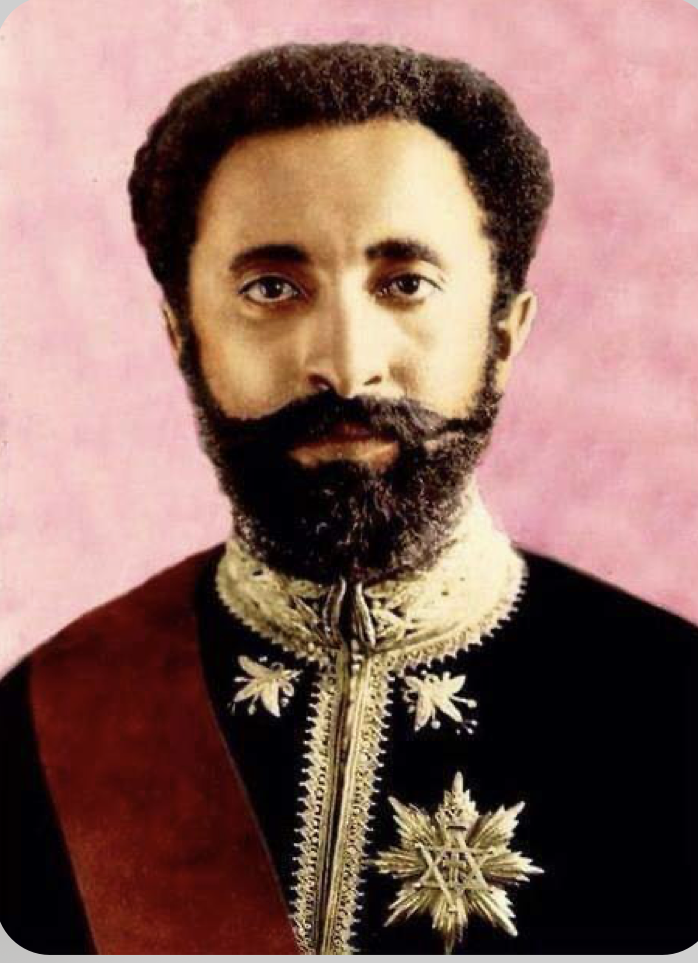Kemi Badenoch and the Political Divisions and Rivalry Among Black British People

The recent leadership victory and appointment of Kemi Badenoch as Conservative Party leader has been received with some degree of excitement and expectations from significant sections of the party faithful. Afterall, she is the first Black woman to lead a mainstream political party in Europe. Indeed, the Conservative Party can rightly boast of being the first in the UK to choose a leader from an ethnic minority background from as far back as the 19th century, with the appointment of Benjamin Disraeli, and more recently, Rishi Sunak. The tough talking Badenoch may be popular within the Conservative Party but does not appear to have the general support and popularity among Black voters. One main reason for this is because of her obvious conservative political views, coupled with the fact that most Black voters still support the Labour Party.
Kemi Badenoch has not generally been perceived as aligning herself with the British Black demographic. She has downplayed the significance of race and gender in her achievement in becoming the first Black leader of the party. She has been criticised by a few Black people for not appearing to be ‘Black’ enough, for example, Labour MP Dawn Butler shared a post (which she later deleted) in which she described Badenoch as ‘the most prominent member of white supremacy’s Black collaborator class’. One University professor in Britain, Kehinde Andrews, describes Badenoch as ‘the shining ebony example’ of ‘the psychosis of whiteness’. The fact that these two prominent Black people have publicly criticised Badenoch speaks volumes.
The other associated reason for Badenoch’s unpopularity with many Black people is because most Black voters still tend to vote for the Labour Party and are therefore dismissive of Black Tories. A report in Yahoo News (11 November 2024) claims there is strong evidence that the most economically disadvantaged ethnic minority voters are the most likely to vote Labour. Among voters of Pakistani, Bangladeshi, Caribbean and African descent who earn less than £25,000, there is 93% likelihood that they will support Labour. For some Black people, therefore, the idea of Black conservatives seems self-contradictory. This is why Kemi Badenoch’s tough talking iron lady approach does not appeal to many Black people. However, it must be pointed out that, as voters from these ethnic minority groups become more affluent, they are significantly less likely to vote Labour. The voting behaviour of this demographic will probably continue to change, and the last few years have already shown a small decline in the percentage of Black people voting for the Labour Party and a small increase in support for other parties, including the Conservative Party. It is possible, therefore, that in the very near future, we might become accustomed to seeing increasing numbers of Black Conservative Party members. This will, of course, result in greater plurality and choice for voters, but also possible increased political rivalry and divisions among Black voters.
Tony Talburt PhD is a Senior Lecturer in Black Studies at Birmingham City University in the UK.






